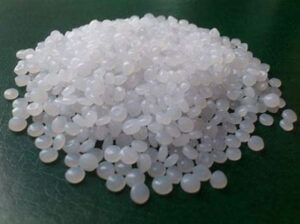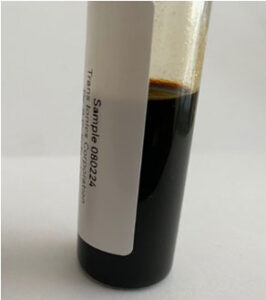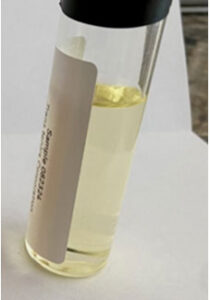Today, waste plastic is first pyrolyzed to obtain a pyrolysis oil (pyoil) and gas; and that pyoil is then processed in a steam cracker or fluid catalytic cracker (FCC) to produce ethylene, propylene and a wide variety of other products which can then be used to form polymers. Since the inlet to the cracking coils in this process is typically 650-750 °C, pyoil feed to steam crackers needs to be light enough to vaporize and not prematurely coke the tubes. Unfortunately, much of the pyoil produced by current processes has a final boiling point of greater than 700 °C and therefore the amount of this pyoil that can be blended into cracker feed is limited.
Trans Ionics’ process, TransPyr, produces a pyoil than has a final boiling point 250 – 350 °C lower than that produced by other processes and requires only light saturation of olefins to produce a pure paraffinic feed.




